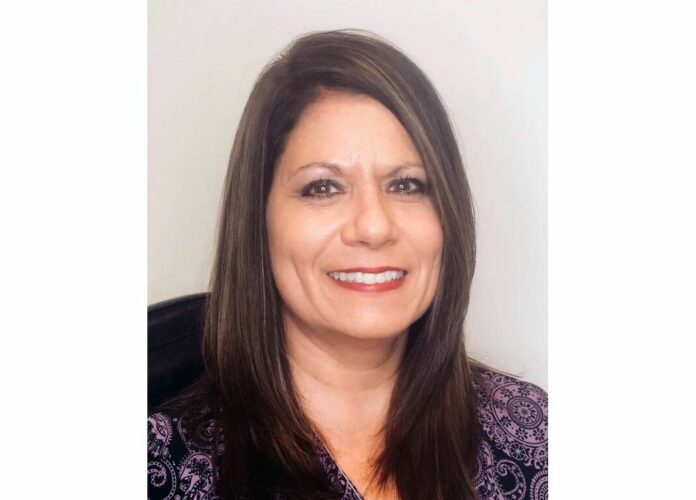April is Alcohol Awareness Month. The Mental Health & Recovery Services Board of Allen, Auglaize, and Hardin Counties funds vital treatment and prevention services in our local communities. Residents can find help right here, including for alcohol use.
Alcohol is the most widely used substance in the United States. It is culturally accepted and widely accessible. Alcohol advertisements can be found everywhere. Media portrayals are often positive, and pop culture glamorizes it.
There are many, many dangers to alcohol use and excessive drinking.
These dangers include mental health and alcohol use disorders, health issues such as liver and heart damage, chronic diseases such as cancer, job-related problems, accidental injuries like vehicle crashes or falls, increased domestic and sexual violence, and increased risk of suicide.
Some risks are higher depending on age, race, sex, employment status and residence. For African-Americans, alcohol use is more likely to lead to issues such as liver or heart disease. For women, any amount of drinking increases the risk of breast cancer. For men, alcohol is a more common factor in suicide attempts and deaths. For youth, drinking before 15 puts them at a higher risk of alcohol use disorder later in life.
Twenty percent of adults in our local rural areas binge drink, which is higher than Ohio’s average. Data also shows youth in our three counties think their parents are less concerned with them drinking than the state average. This is particularly alarming as parents have the biggest influence in preventing alcohol use among their children.
There is an economic cost as well. The losses for alcohol consumption in 2010 were estimated to be $249 billion. That is $807 per person for one year. This loss comes from premature death, disease and injury, lost productivity, property damage and crime.
Alcohol costs our economy. Alcohol costs lives.
The Mental Health & Recovery Services Board of Allen, Auglaize, and Hardin Counties is here to prevent these terrible costs and help our communities live healthier lives. Residents’ taxes provided to the MHRSB go back into the community.
The MHRSB funds many recovery services such as diagnostic assessments, counseling, Changing Seasons, medically assisted treatment, Permanent Supportive Housing,
Embrace MOMS Program, Class Action for youth, jail coordination for recovery services, peer support services and more. Call 211 for help connecting to local resources, including MHRSB’s services.
The We Care Regional Crisis Center brings all necessary services together for quality crisis intervention in a “one-stop” environment. This includes crisis counseling, emergency diagnostic assessments, connection to care with an agency or service and more. The Crisis Center can be reached through the Hopeline.
Anyone in crisis can call the 24/7 local Hopeline at 1-800-567-HOPE (4673).
Prevention services are vital to reducing alcohol use and its dangers. Mental Health First Aid trainings teach community members how to identify, understand and respond to signs of substance use disorders. This allows for more people in our communities to be connected to professional care.
The I Mind Program is a newer service for our youth. It is a one-day weekend program that gives middle schoolers and high schoolers the tools to avoid substance use. It covers alcohol, vaping, smoking, marijuana, and other drugs. Parents can refer their children to the program if they have concerns about substance use. Learn more about this program at wecarepeople.org/imindprogram.
The MHRSB also provides anonymous mental health screenings as a general support service to everyone in all three counties. An alcohol use disorder screening is available
through this service. Screenings are the quickest way for someone to see if they need professional help. They can also be taken on behalf of a loved one. Check in on your drinking at wecarepeople.org/screening.
There is hope. The Mental Health & Recovery Services Board is here to help.
Tammie Colon is executive director of Mental Health and Recovery Services Board of Allen, Auglaize and Hardin Counties. Her column does not necessarily reflect the opinion of The Lima News editorial board or AIM Media, owner of The Lima News.







